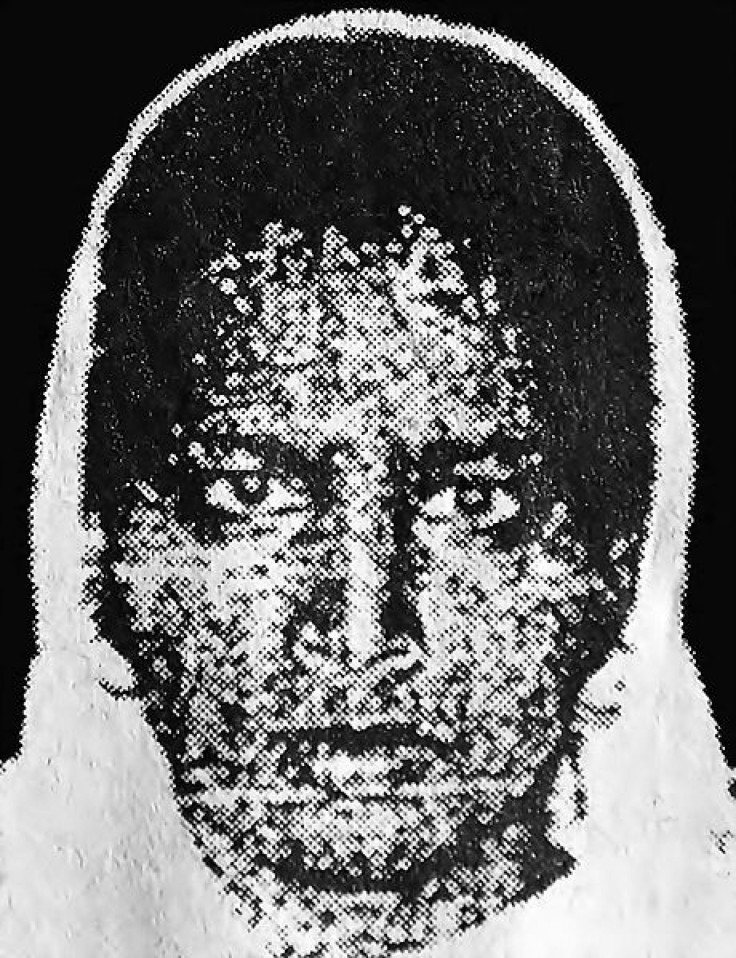Saudis Defend Maid's Execution By Beheading Despite International Pleas For Leniency

Saudi Arabia stood defiant in the face of international criticism and anger among its citizens Sunday, defending the execution of a maid who was beheaded after being convicted of murdering a child in her care.
Rizana Nafeek was executed Wednesday despite pleas for leniency from human rights groups across the world. The United Nations, European Union, and the government of her homeland, Sri Lanka, had also tried to intervene before Nafeek was beheaded, according to CNN.
The family Nafeek worked for accused her in 2005 of strangling their son, Kayed bin Nayef bin Jazyan al-Otaibi, when using a bottle to feed him. Nafeek claimed the boy had accidentally choked on the milk.
“The Kingdom of Saudi Arabia categorically rejects any interference in its affairs or in the provisions of its judiciary under any justifications,” read a statement from the official Saudi Press Agency, which also cited Nafeek’s ability to have “all rights to have a legal defense” and supposed pleas from Saudi government officials “at the highest levels” for the family to grant mercy.
Under Saudi law the dead child’s family would have been allowed to pardon Nafeek, who had worked for them for only four months.
Activists have criticized Saudi Arabia for not allowing Nafeek access to a lawyer during her initial interrogation and forcing her to sign a confession. Questions have also been raised about Nafeek’s age at the time of her conviction, with Sri Lankans pointing to the possibility that she was only 17.
As a signatory to the International Convention on the Rights of the Child, Saudi Arabia forbids the execution of criminals who were minors at the time of their crime. Saudi officials claimed to be in possession of Nafeek’s passport, which listed her as 21.
"As it is universally recognized, the passport is an official document issued by her government," the statement said. "Moreover, the legal regulations of the Kingdom of Saudi Arabia do not allow the recruitment of minors."
Sri Lankan President Mahinda Rajapaksa asked King Abdullah to stop the execution twice and, in response to Nafeek’s beheading, has withdrawn the Sri Lankan ambassador.
Representatives from Amnesty International told CNN the case is proof “defendants are rarely allowed formal representation by a lawyer and in many cases are kept in the dark about the progress of legal proceedings against them.”
Philip Luther, director of Amnesty International's Middle East and North Africa program, agreed, saying Nafeek’s death shows “once more how woefully out of step they are with their international obligations regarding the use of the death penalty.”
© Copyright IBTimes 2024. All rights reserved.











